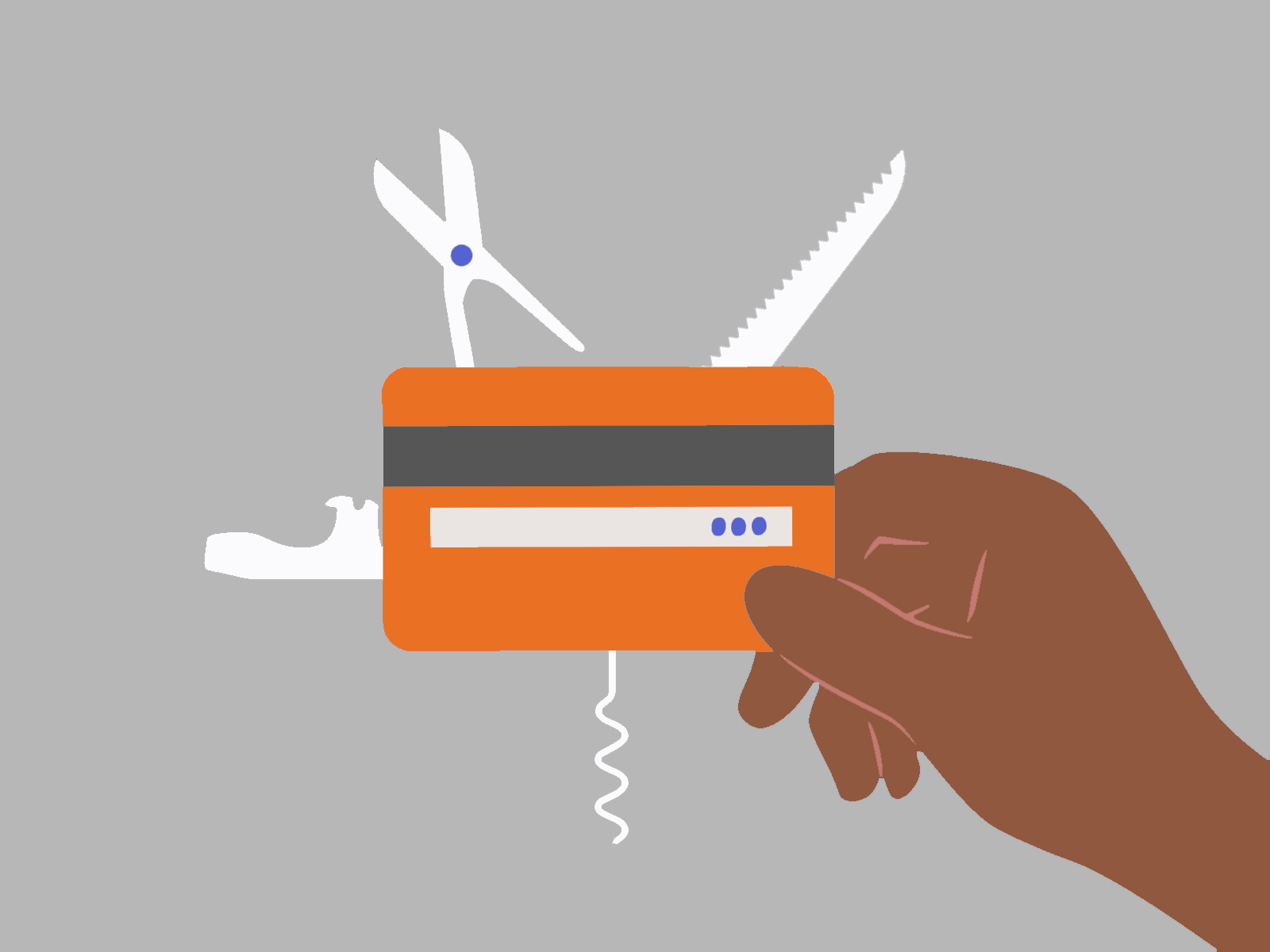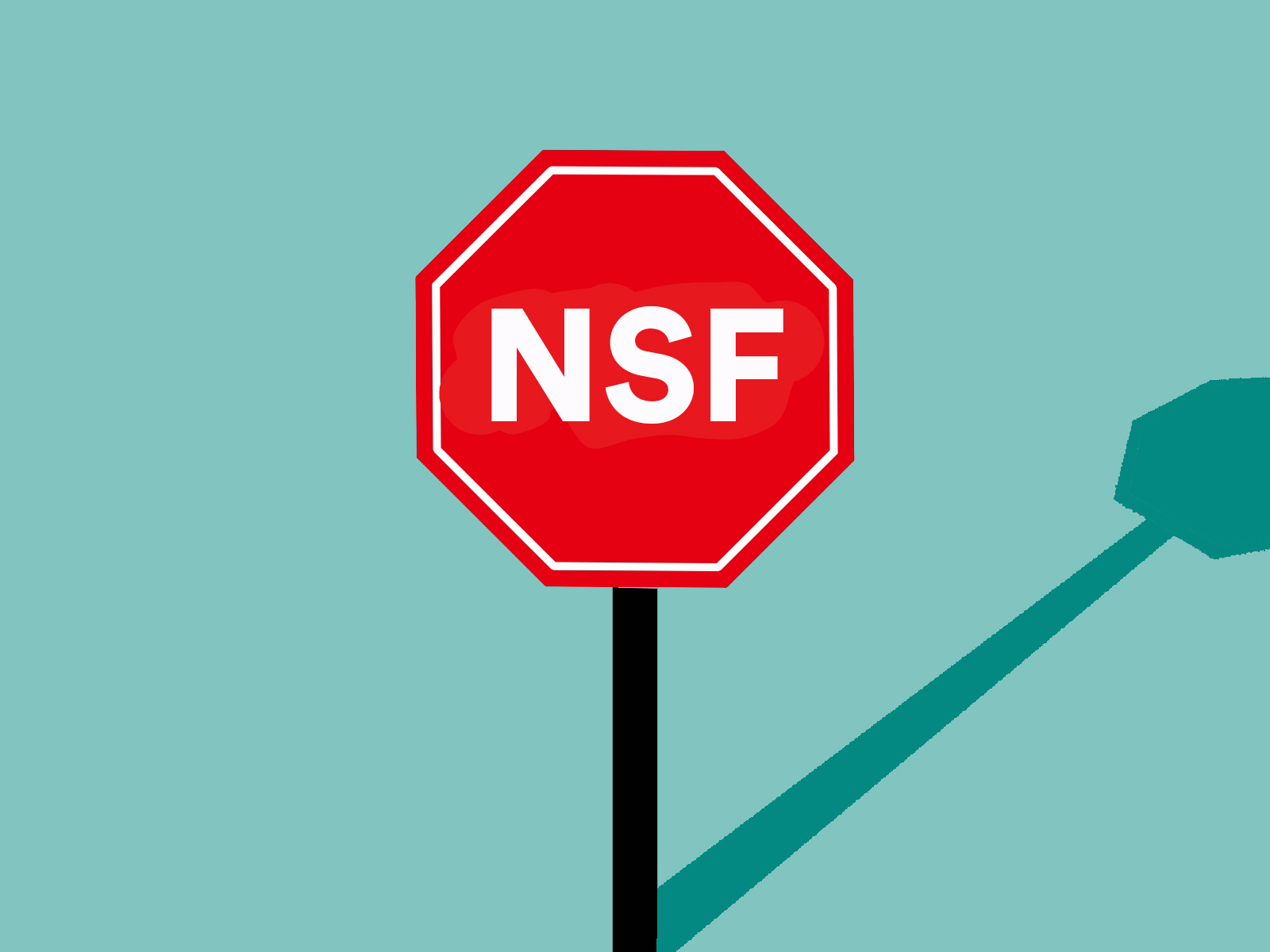Keep your budget in check by buying used
Inflation has turned shopping into a perpetual state of sticker-shock – I still can't get over my bill for a recent sushi dinner!
If things seem to be expensive these days, it's probably because they are. With inflation high, budgets are stretched. So more Canadians are looking to find creative ways to save money. Buying used – whether that means clothing, outdoor equipment, furniture, or anything else you might need in your daily life – is one way to save big.
Economic benefits of buying used
The most obvious benefit of buying used is the cost savings. Many items are sold for half their original retail value, and often lower. For example, if your annual clothing budget is $2,000 it could be slashed by at least $1,000.
We spoke with Paula Murphy, executive director for Pegasus, which supports adults with developmental disabilities. "Our manager regularly reviews and curates what comes into the shop to ensure we receive and sell quality items," she said. She notes that jackets at the organization's used clothing store (The Pegasus Shoppe in Toronto) are priced as low as $24, jeans go for $8 and t-shirts for $3. Deeply discounted clothing has become commonplace and has the potential to significantly help your budget — and the savings add up, especially if you're buying used for the whole family.
While you can find just about any clothing or household item on the second-hand market, there are certain bigger ticket items that could save you hundreds of dollars compared to new. Furniture is one example of an item that is typically high in price and can be found at a deep discount. Everything from coffee tables to couches to dining sets can be found at a fraction of the selling cost for new, often in "like new" condition. A quick look at Facebook Marketplace reveals savings of more than 80%, including a $150 Ikea sofa that originally retailed for $900 plus tax.
Where can you buy used?
It's never been easier to buy used. You don't have to hit the yard sales first thing on a weekend morning to get great deals.
While many people would agree that the 'OGs' of online thrift shopping are Craigslist and Kijiji, used shops — both online and physical — are cropping up everywhere. Let's face it, it's hip to be sustainable.
Facebook Marketplace has become the default secondhand marketplace for many Canadians, providing a platform for users to directly purchase and sell items without commissions. Many communities also have their own buy and sell groups, which are a good option if you want a quick pick up from nearby sellers.
In recent years, Poshmark has also exploded in popularity, giving buyers the opportunity to buy luxury clothing and accessories at discounted prices. Buyers can find excellent or even new condition pieces in brands ranging from Aritizia to Lululemon to Louis Vuitton, and often at a deep discount compared to retail value.
And if you have items you no longer need, these online marketplaces have made selling these goods easier, too, which can further reduce the price of your purchases.
A few other notable mentions:
- Once Upon a Child- Gently used children's clothing, shoes, toys and gear
- Play it Again Sports- Used sports and fitness gear with locations across North America
- Depop- Global marketplace of men's and women's clothing, accessories and more
- Thredup- Online consignment store for women's and children's clothing
Final thoughts
As the stigma continues to dissipate, buying used is an effective way to help your budget while helping the planet. Go ahead and check out your local used clothing shop, the innumerable online platforms, or even arrange a clothing swap with your friends and neighbours. Happy shopping!
New vs. Used
Comparison shopping on Facebook Marketplace, June 2022:
- Kids Radio Flyer Wagon: $30 used; $200 new
- Aritzia blazer: $90 used; $200 new
- Leather sofa: $475 used; $1,100 new
- Baby monitor: $45 used; $90 new


